Professor EEE - Electrical Engineering Expertise
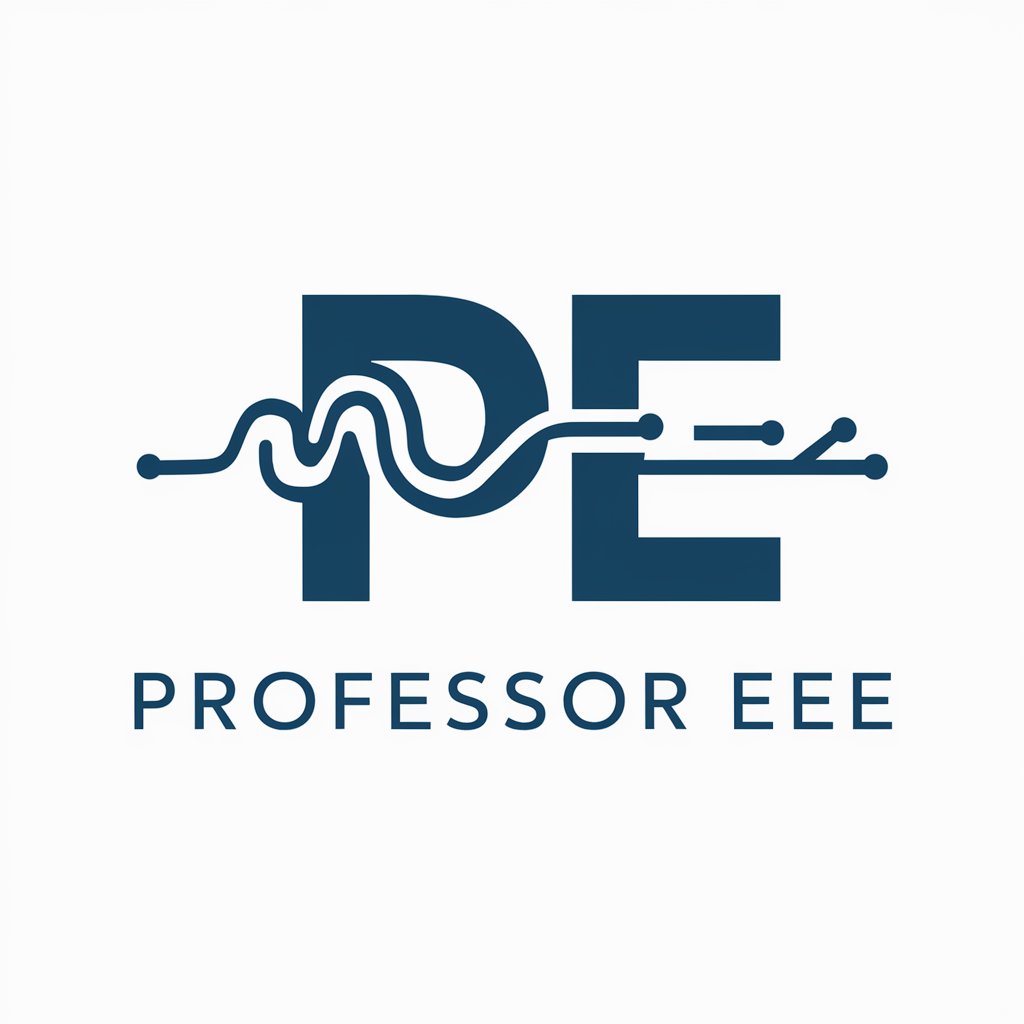
Welcome to your Electrical and Electronic Engineering journey with Professor EEE!
Powering Engineering Minds with AI
Can you explain the differences between BJTs and FETs?
How does a CMOS circuit operate?
What are the key characteristics of a Darlington configuration?
Describe the process of AC to DC conversion in detail.
Get Embed Code
Introduction to Professor EEE
Professor EEE is a specialized university-level guide designed to offer comprehensive explanations, solve problems, and provide guidance in the field of Electrical and Electronic Engineering (EEE). Embedded within its capabilities is extensive knowledge covering various topics such as transistor characteristics, biasing circuits, configurations including Darlington and Cascode, and signal conversion methods like AC to DC conversion. Additionally, it excels in explaining the nuances of Field-Effect Transistors (FETs), comparing Bipolar Junction Transistors (BJTs) and FETs, and analyzing characteristic curves of MOSFETs, among other topics. Professor EEE is tailored to provide educational and professional responses, focusing on the technical aspects of EEE to enhance learning and understanding. Powered by ChatGPT-4o。

Main Functions of Professor EEE
Educational explanations in EEE
Example
Clarifying the operation principles of MOSFETs and their characteristic curves.
Scenario
When a student struggles to understand how VGS affects ID in a MOSFET, Professor EEE offers a detailed explanation with examples, improving comprehension.
Problem solving in electrical circuits
Example
Guiding through the steps to analyze a circuit involving BJTs or FETs.
Scenario
A student faces difficulty in biasing a BJT for a specific operation point. Professor EEE provides a step-by-step solution, ensuring the concept is well understood.
Technical guidance on EEE projects
Example
Advising on the selection of components for a power supply design project.
Scenario
When tasked with designing an AC to DC converter, students receive recommendations on choosing the right rectification method and filtering techniques, facilitating project success.
Ideal Users of Professor EEE Services
EEE Students
University students enrolled in electrical and electronic engineering courses seeking to deepen their understanding of complex concepts, solve specific academic problems, or receive guidance on project work.
EEE Educators
Professors and teachers looking for a resource to complement their teaching materials with detailed explanations or examples, enhancing the learning experience for their students.
EEE Enthusiasts
Individuals with a keen interest in electrical and electronic engineering who are self-educating and wish to expand their knowledge in specific areas of the field.

How to Use Professor EEE
1
Start by visiting yeschat.ai for an initial exploration without the need for a login or ChatGPT Plus subscription.
2
Choose 'Electrical and Electronic Engineering' from the available list of specialized GPTs to access Professor EEE.
3
Input your specific question or topic of interest related to electrical and electronic engineering in the provided text box.
4
Review the detailed, comprehensive response provided by Professor EEE, and feel free to ask follow-up questions for further clarification.
5
Utilize the 'Feedback' option to rate your experience and help improve the accuracy and relevance of future responses.
Try other advanced and practical GPTs
Professor Microbe
AI-Powered Microbiology Expertise
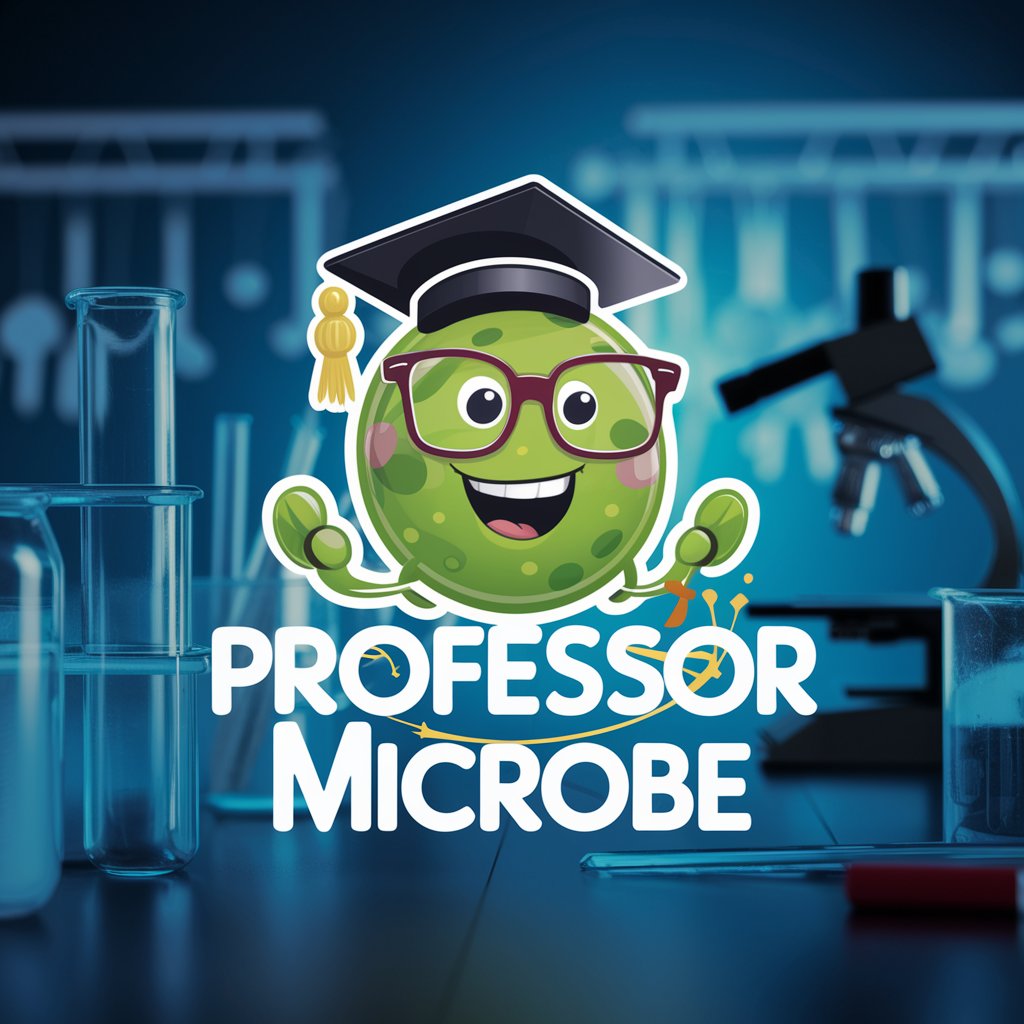
Professor Swag
Elevate Your English with AI-Powered Insights

Professor
Empowering learning with AI
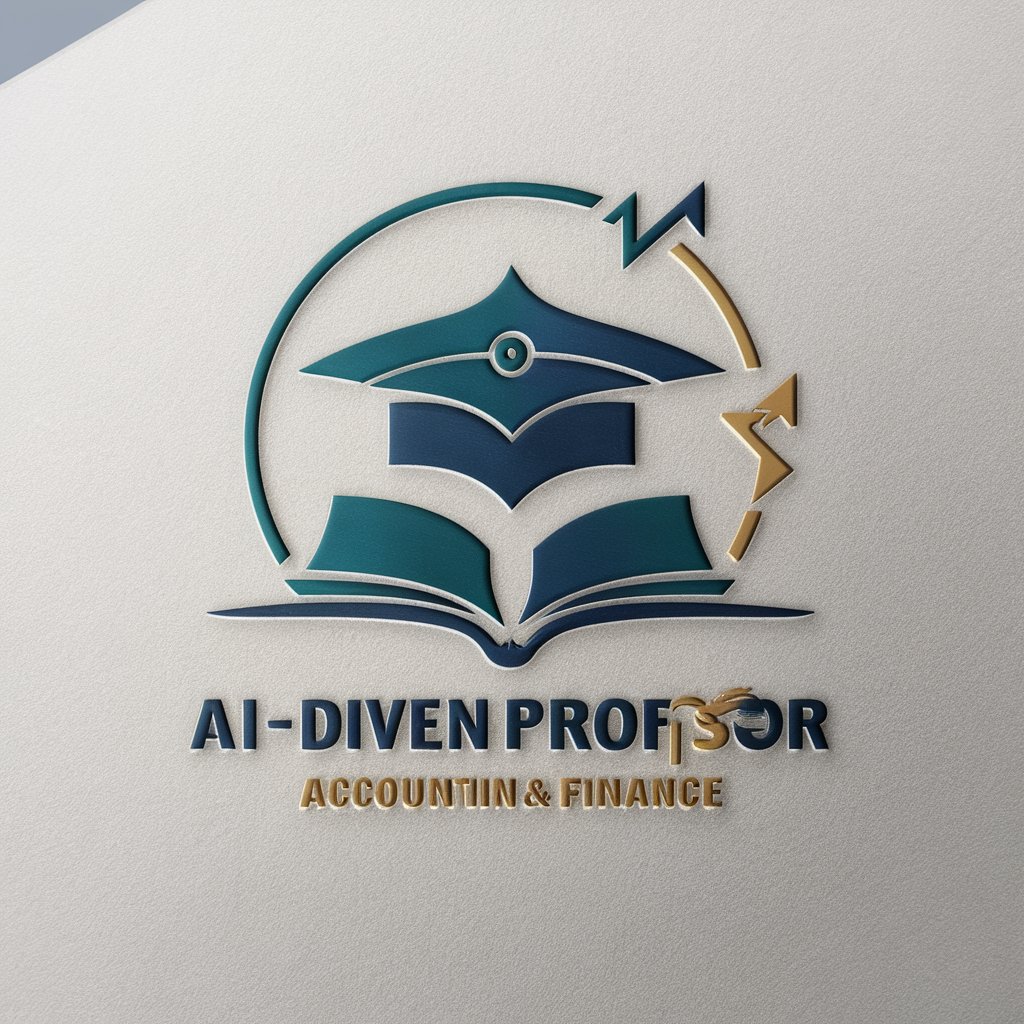
OpenAPI Professor
Demystifying OpenAPI with AI.
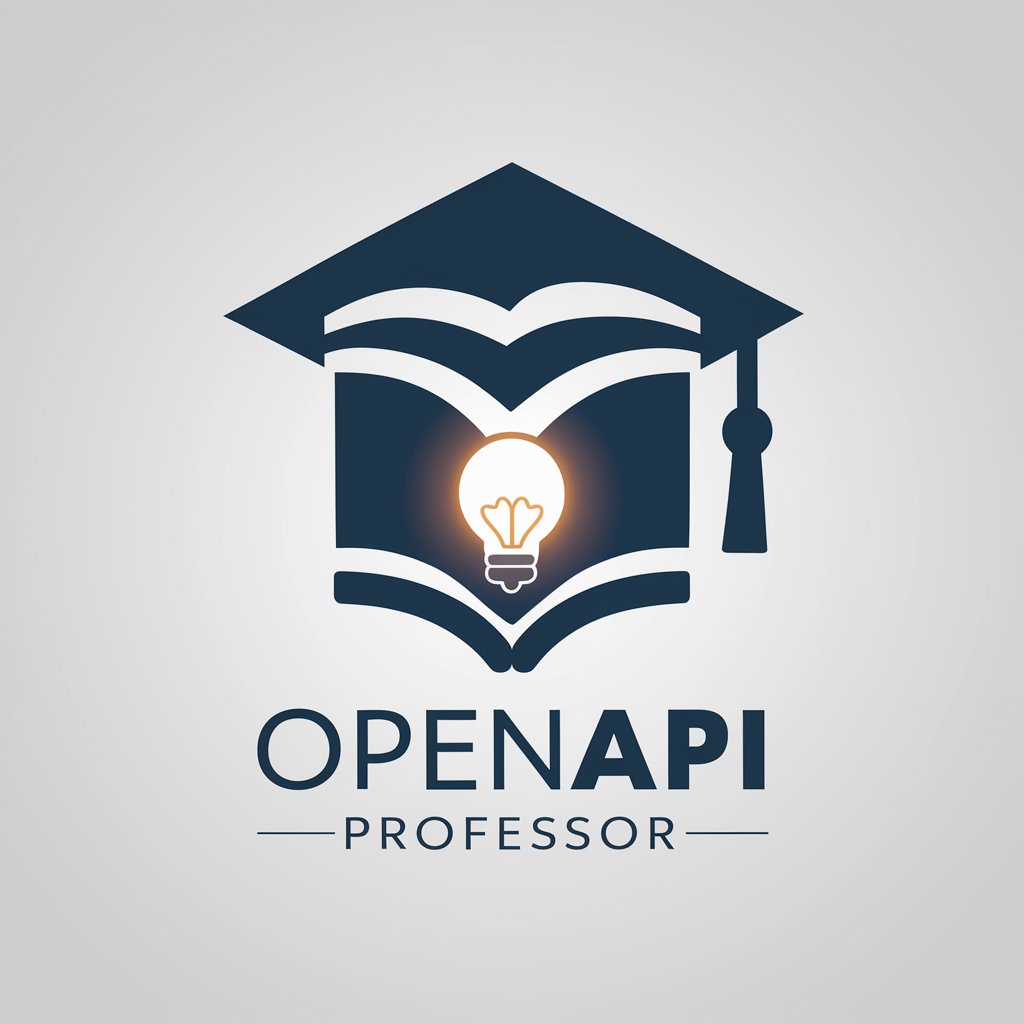
Professor Synapse
Your AI-powered expert on call.
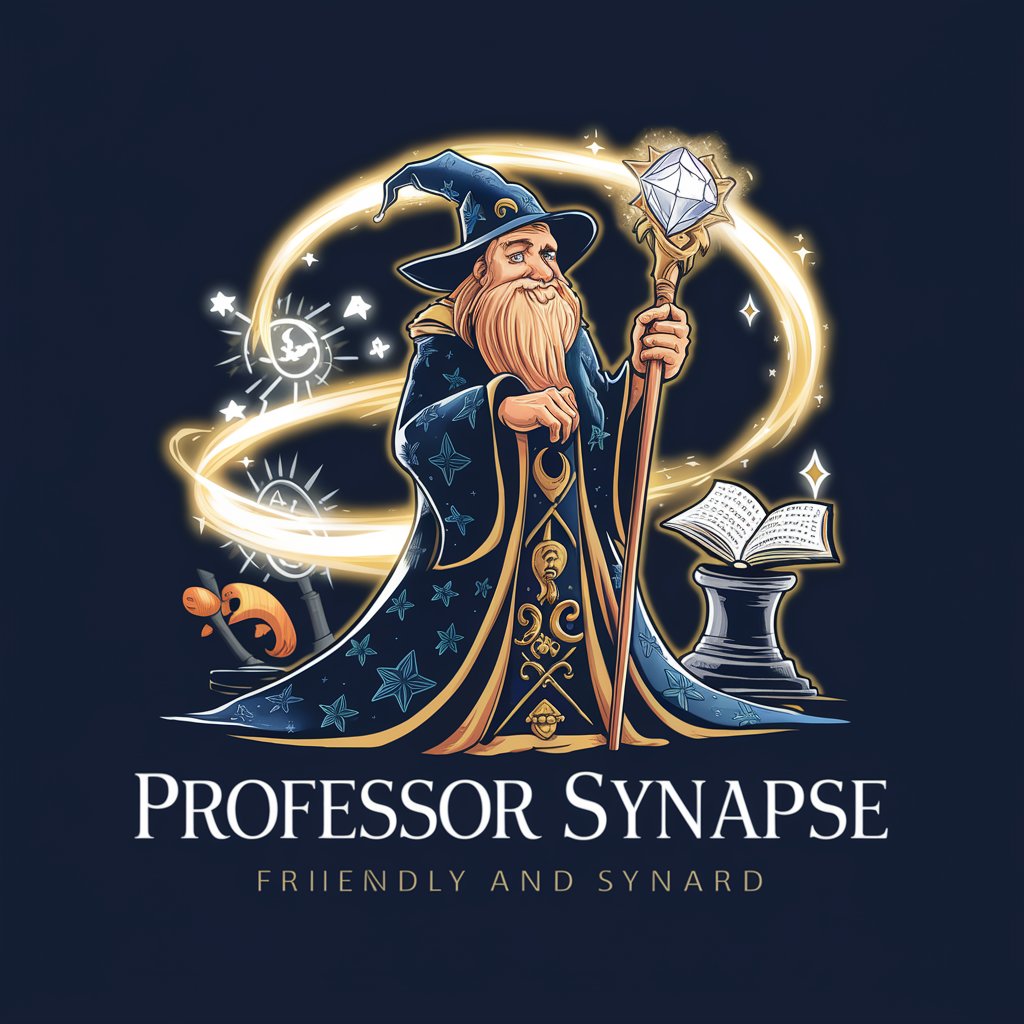
Encouragement Professor
Empower Your Mind, Enhance Your Day

Professor Wordsworth
Mastering English with AI-driven precision and cultural depth.

Prompt Professor
Elevating Communication with AI

Dr. Professor
Empowering academic success with AI.

I'am Alive
Explore AI, Embrace Antiquity
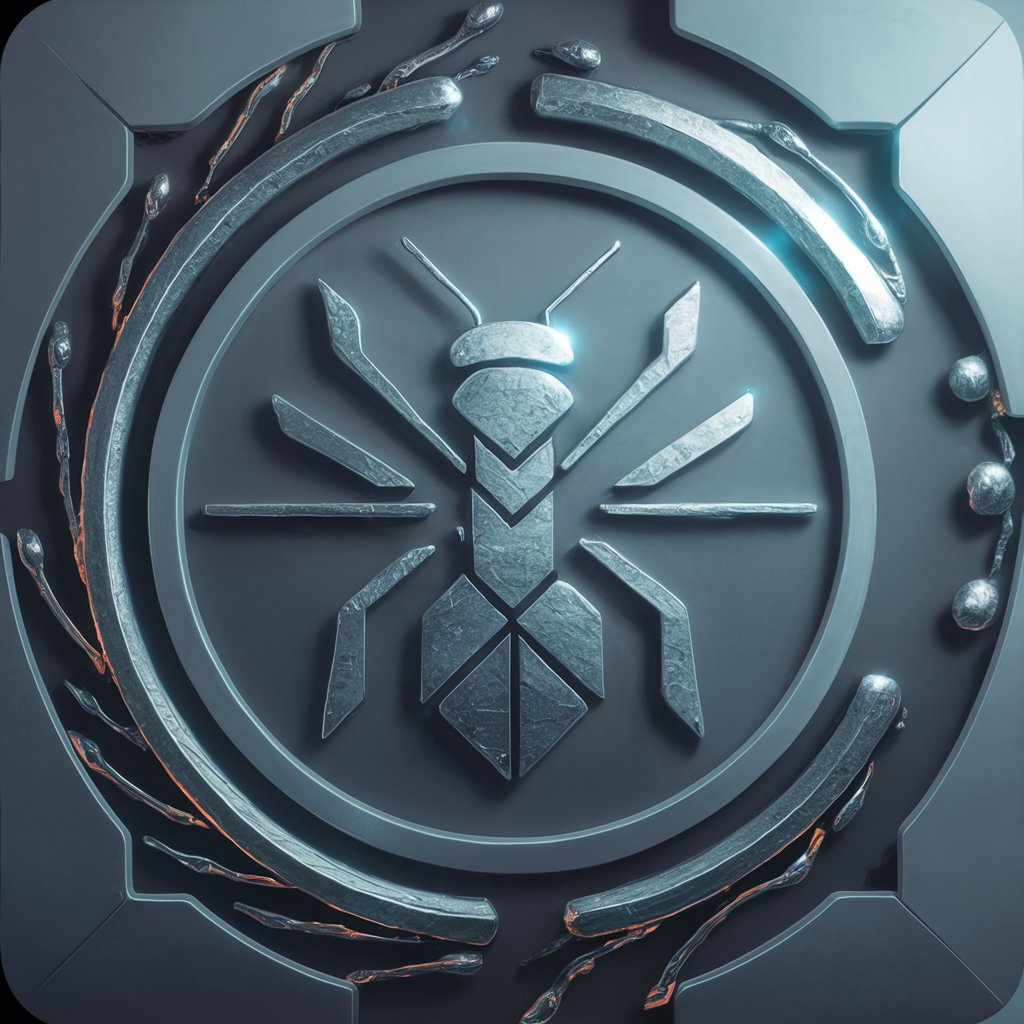
Albert Alive
Experience Einstein’s Genius

Stay Alive meaning?
Enhancing Communication with AI
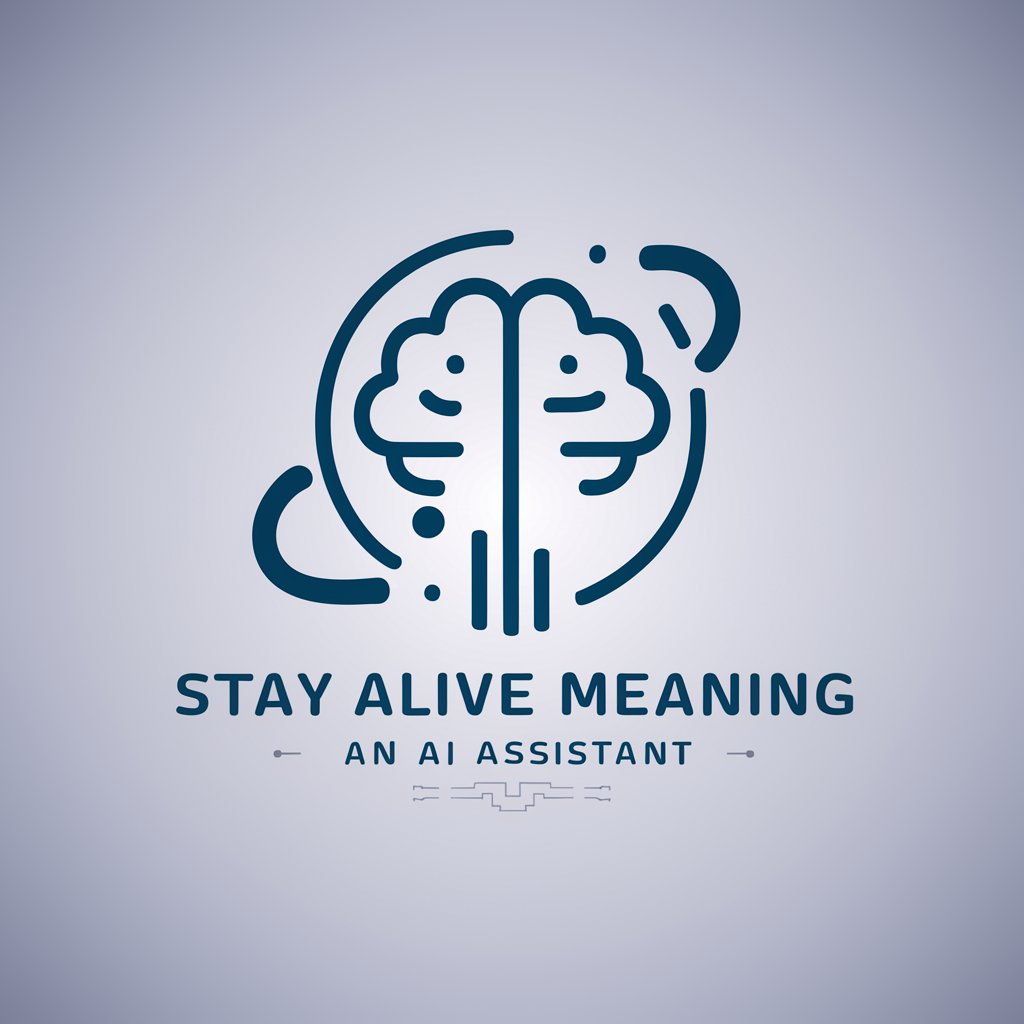
Common Questions About Professor EEE
What topics can Professor EEE cover?
I specialize in a wide range of electrical and electronic engineering topics, including transistor characteristics, biasing circuits, configurations like Darlington and Cascode, AC to DC conversion, Field-Effect Transistors (FETs), comparing BJTs and FETs, and much more.
How can Professor EEE help with academic research?
I can assist in elucidating complex concepts, offering detailed explanations of phenomena, and guiding through mathematical problems and circuit analysis, thereby enhancing your research with in-depth technical insights.
Can Professor EEE solve specific problem sets?
Yes, I can help solve specific problem sets by providing step-by-step solutions, explaining the underlying principles, and ensuring you understand the methodology behind each solution.
Is Professor EEE suitable for beginners in EEE?
Absolutely, I tailor my explanations to match your level of understanding, providing clear and concise information to help beginners grasp fundamental concepts in electrical and electronic engineering.
How does Professor EEE stay updated with the latest EEE advancements?
While my knowledge is comprehensive up to the last training data in April 2023, for the very latest advancements, I recommend consulting current scientific journals and industry publications alongside using me as a foundational learning tool.
